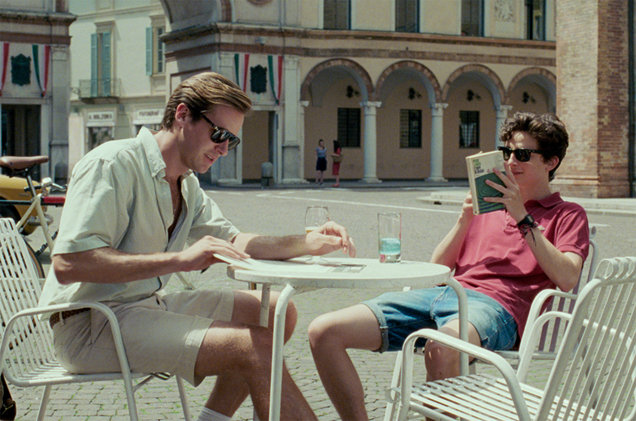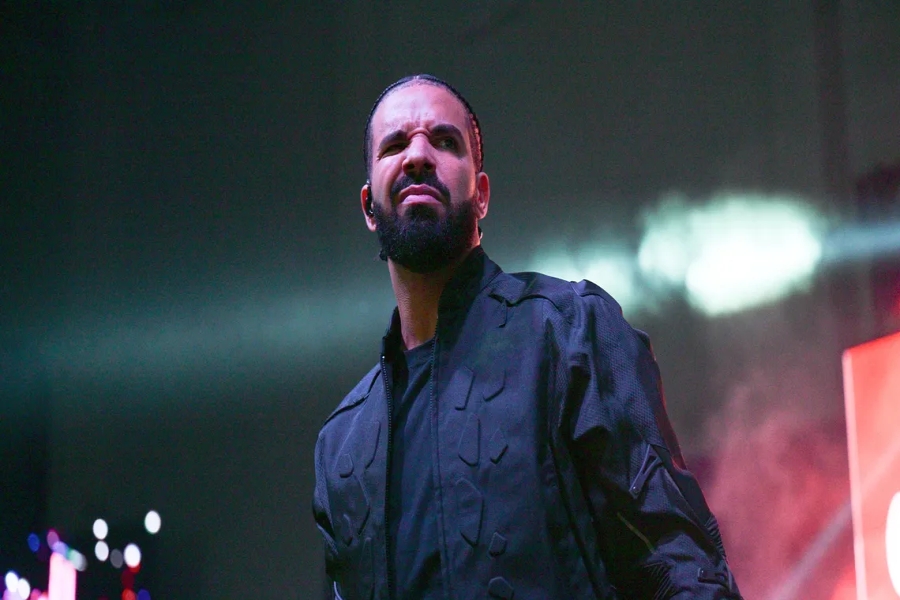Call Me by Your Name director Luca Guadagnino says of singer-songwriter Sufjan Stevens, whose music acts as a “sort of narrator” to the romantic coming-of-age drama.
Billboard recently chatted with Guadagnino about the music of Call Me by Your Name, Stevens’ three songs featured in the buzzy film (including two written for the movie: “Mystery of Love” and “Visions of Gideon”), and the “blissfulness” Guadagnino felt when hearing Stevens’ Call Me tunes for the first time.
The movie -- which is set in 1983 and stars Timothée Chalamet and Armie Hammer -- additionally boasts a handful of then-contemporary European pop hits, The Psychedelic Furs’ rock classic “Love My Way,” and a selection of classical pieces.
Guadagnino says of the inclusion of Stevens and his music: “I wanted to work on a contribution from the standpoint of music that could give the film a precise identity that was going to go beyond the philologic aspect of the '80s and the commentary music of the classical music. And that's why I was seeking a voice to add itself to the voices of the film -- played by the actors playing the characters -- and that's when I thought of Sufjan Stevens.”
Here are excerpts of our interview with Guadagnino, which can be heard in full on the Pop Shop Podcast:
Why was [Stevens’] voice and his style of music important for the film?
Because I wanted to have a sort of narrator, without having a normal narrator.
It's sort of like you're hearing Elio [Chalamet's character]'s internal monologue, in a way, when you hear his music.
And also the movie's internal monologue, in a way. I think what Sufjan comes with is three things. First, the lyrics he writes are incredibly evocative. Very, very sharp. And they are, in a way, capable of evoking images that are not necessarily the same for everybody. So this, in a way, makes it universal. The music is pure and poetic and simple. And those were qualities I was seeking for the film. And the voice is like crystal. His voice is so angelic, in a way. So the combination of these three things was fantastic.
You approached him to write one song and he ended up giving you two (“Mystery of Love” and “Visions of Gideon”)…
And then he also adapted "Futile Devices" from The Age of Adz for piano.
When he was writing the music -- he wrote the music before the film was shot…
He sent us the music, I would say, a week into the shooting. And we were shocked when we got it.
Now, what did he have to go by to do the music? Was it just the script and the book?
Script, book, conversation.
Did you send him any imagery or photos of the villa [Elio's home]?
Mmm… I don't think so.
When you talked to him to write the music, did you say that you wanted it for a specific scene, or did you just say "be inspired and we'll put it into the movie somewhere"?
Be inspired.
Really? So when you got the songs back, did you immediately know where you were going to put them into the film? Because the scenes that they are in, and I don't want to spoil it for anyone… they are very important scenes.
Once I listened to them, "Visions of Gideon," I immediately detected that was going to be the last song in the film. And "Mystery of Love," we talked with Walter [Fasano], briefly, my editor, and we identified it with the moment in which they [Elio and Oliver, Hammer's character] go hiking. For "Futile Devices," that was more in-the-work. But when we watched the film, when we watched the rushes of the scene in which Elio is thinking, and he's melancholically thinking of Oliver [whom Elio has fallen for], that is when it gripped in us the idea that was the right place [for the song].
When you first got the songs back, I read that you had played them for Armie and Timothée. You brought them in and sat them down and played them the songs. How did they react when they first heard the music?
Well, we were in my living room. It was me, Walter, Armie and Timothée. And I remember it was blissfulness and emotion. It was a great moment, because we were very united already, but it's something you can't describe, in a way. Because you know when you do a movie, you can do a movie as a job, or you can do a movie as a piece of life. And we were doing a movie that was a piece of life, of our lives, intertwined. And then we heard this music, and the depths of our commitment to the movie, I think, grew significantly more. And we became enveloped into this magic. We kept listening to the songs for like an afternoon.








